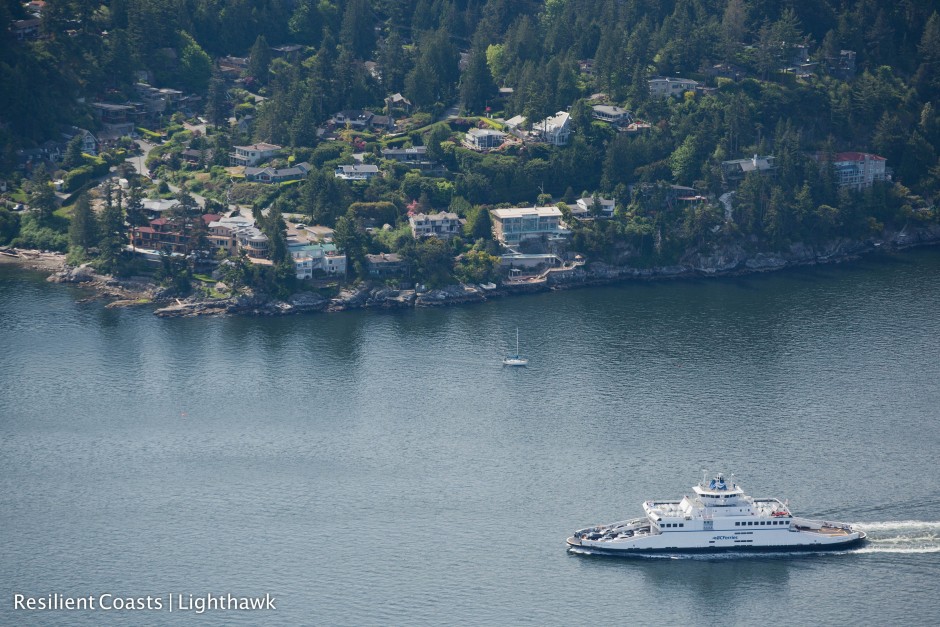Maritime Transport Disruption
This project will develop knowledge and tools to enhance the resilience of coastal communities to maritime transportation disruption. Modern coastal communities are highly dependent upon maritime transportation for the supply of goods. Just-in-time delivery systems, while improving economic efficiency, have created systems that are highly vulnerable to marine hazards. Due to the small reserves of critical resources, coastal populations could suffer substantial impacts if transport were disrupted for an extended period of time.
The sources of risk are myriad and diverse, ranging from natural hazards such as storms and earthquakes that can damage port facilities to other hazards such as oil spills and terrorism threats that can disrupt navigation or supply chains. Measures to foster resilience in the face of these risks are similarly broad, including investing in port infrastructure as well as developing protocols, plans, and resources to respond to marine transport emergencies. Both the risk and resilience sides of the problem are as yet poorly understood, and effective measures require coordination across many stakeholders in government and the private sector.
This research aims to provide tools, stakeholder engagements , and explicit implementation measures to improve planning for maritime transportation disruptions. Geographically, the research will focus on Canada’s Pacific coast, with case studies of Vancouver Island and a remote B.C. coastal community. The research methodology is interdisciplinary and entails two closely related efforts:
- Iterative engagement with stakeholders to develop resilience measures
- Development of a probabilistic model of maritime resource flows to inform decision-making
The scope is limited to effects on three resources that are critical to community function during a marine emergency: food, fuel, and emergency medical supplies. The research will focus on system-scale marine disruptions; that is, disasters that exceed the preparedness scope of any single stakeholder and that require coordination of multiple organizations.
The research is expected to produce outcomes that will directly benefit project partners (such as provincial and local governments, ports and ferry companies) in their emergency planning and, consequently, contribute towards the resilience of coastal communities. New empirical knowledge will be developed to characterize the fragility of the marine supply chain in the study region. Measures to potentially enhance resilience will be developed collaboratively with stakeholders, ensuring practicality and relevance while promoting implementation. The probabilistic model will be used to analyze the performance of the maritime transport system under emergency conditions, to quantify the benefits of the potential resilience measures, and to share knowledge and recommendations with stakeholders. Ultimately, the research is expected to enhance the capacity of stakeholders to understand the risk, prepare in advance, and respond effectively in marine emergencies, thereby reducing disaster losses to coastal communities.
